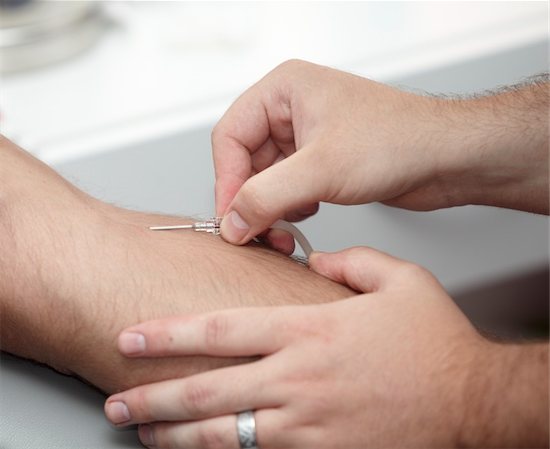Better Model Used to Further Development of HIV Vaccine
One of the best ways to stop the spread of disease is through vaccines. This long-used defense has halted numerous and dangerous infections over the years. It is no wonder then that scientists are urgently searching for ways to develop an HIV vaccine. A number of factors present obstacles that have, so far, stood in the way of progress.
3 Struggles in the Search for a HIV Vaccine
The menacing virus is an elusive microbe that evades detection both from the human immune system and most HIV vaccine models tested against it. What makes the virus so effective is the ability it has to mutate, which happen rapidly. Vaccines generally work by using non-infectious material and introducing it into the body where the immune system can identify and then attack it. The quickly changing virus means that a lesser amount of the virus is actually found and eliminated.
Another factor that gets in the way is the design of the HIV itself. The virus is packed into a type of envelope, which is coated with sugars that come from the host. Because this is on the outside of the microbe, it makes it difficult for the immune cells to identify it as an intruder.
A third issue in the mix is the lack of a living model that researchers can use to test potential HIV vaccines. This last obstacle has limited progress the most. Recent developments may finally change that.
A team of researchers has found that a certain species of primates has an immune system that closely resembles that of the human immune system. In order to be able to use this to their advantage, a virus that resembled HIV but that could infect the animal, had to be developed. The researchers, with some trial and error, were able to accomplish this. The result is a virus that infects and creates AIDS-like symptoms in the host animal. With a better model to test vaccines and monitor the viral envelope, they are hopeful to speed up HIV vaccine research and development.

